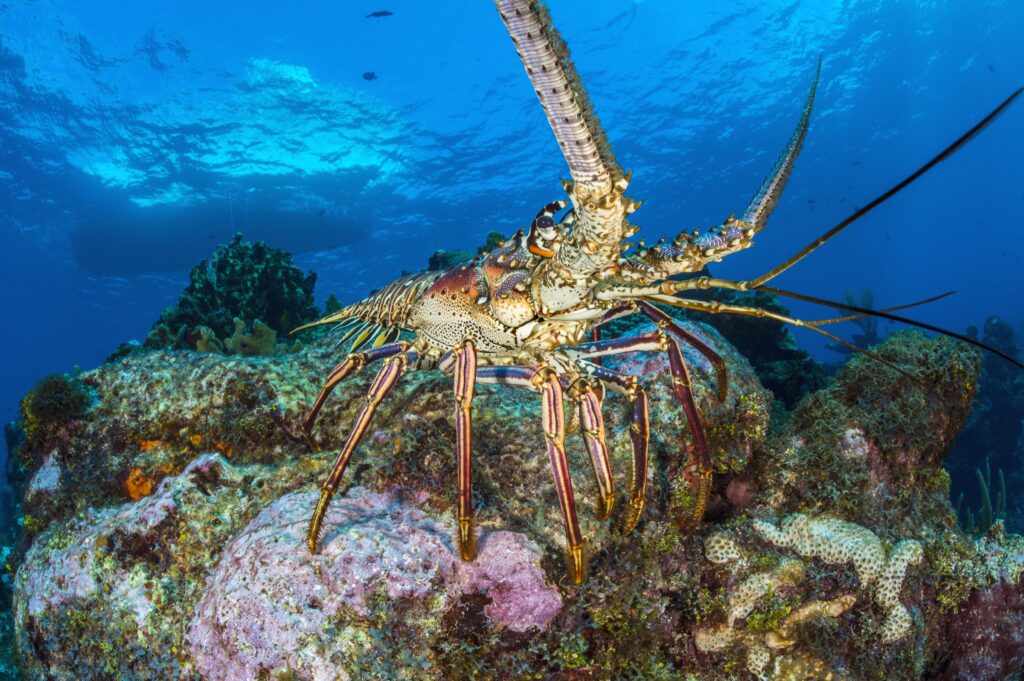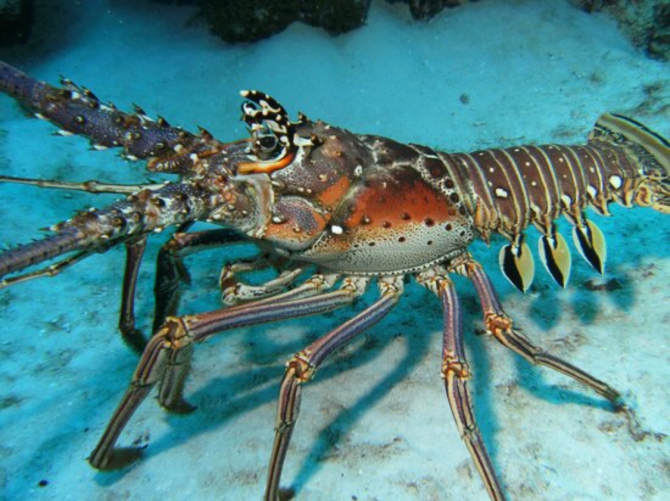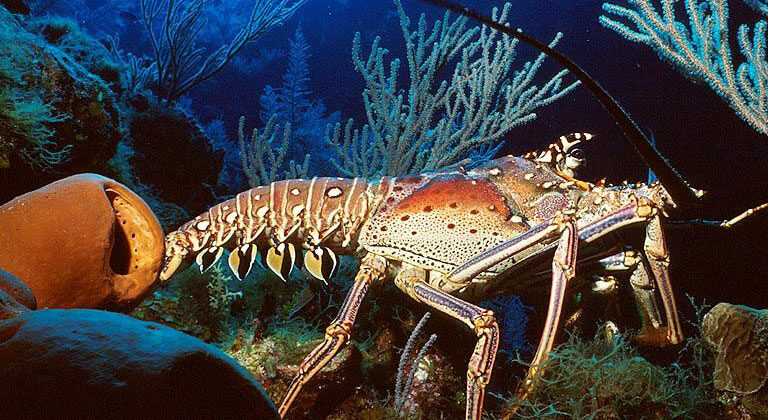It is true that lobsters do not die from old age. Unlike many other species, they do not have a fixed lifespan. They are known for their long lifespans, with some individuals living for over 100 years. As lobsters grow, they continue to molt and shed their hard exoskeleton, allowing them to grow a new one.

Molting is a complex and energy-intensive process that requires a lot of energy and resources. During molting, lobsters are soft and vulnerable, making them more susceptible to predation and injury. They must also be able to find a safe place to hide while they grow a new exoskeleton. Lobsters carefully time their molts to ensure that they have enough energy reserves to survive the process and to protect themselves while they are vulnerable.
As lobsters grow larger, they become more vulnerable to predation. While their hard exoskeleton protects them from many predators, it also makes them slower and more cumbersome, making them easier targets for larger fish and other marine creatures. Lobsters also become more susceptible to disease and other environmental factors as they age. Their immune function may decline, making them more vulnerable to infection.
Eventually, as lobsters grow older and their energy levels decline, they may become too weak to defend themselves against predators or to find enough food to sustain themselves. This is when they become exhausted and eventually die.

While they do not die from old age per se, their decline in energy levels and immune function make them more susceptible to disease, predation, and other factors that can cause mortality.
Some lobsters may avoid this fate by undergoing a process called “biological immortality.” This is where they essentially stop aging and continue to molt and grow indefinitely. While they are not technically immortal, since they can still die from disease, predation, or other causes, they can potentially live for a very long time.
In summary, molting is a crucial process that allows lobsters to continue growing and adapting throughout their lives, but it is also a risky time for these animals. As lobsters age, they become more susceptible to exhaustion, disease, and predation.
However, some individuals may avoid this fate and live for a very long time through the process of biological immortality.

